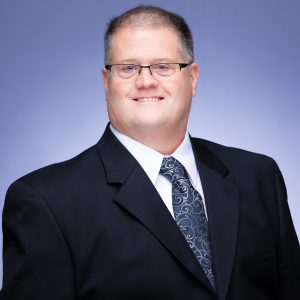Address
380 West Second St.
Dayton, OH 45422

 |
Residential Services Director |
Administrative Assistant |
The Nicholas Residential Treatment Center is a highly structured, staff-secure residential facility operated by the Montgomery County Juvenile Court. Licensed by the Ohio Department of Youth and Children and accredited by the Council on Accreditation (COA), the center is also designated as a certified Quality Residential Treatment Program (QRTP). NRTC provides a safe and therapeutic environment for up to 25 male and female youth, ages 11 to 17, who are facing complex behavioral, emotional, and mental health challenges. Many of these youth have experienced trauma, have ongoing mental health needs, or are struggling with substance use disorders.
The program offers two distinct treatment tracks: one that addresses delinquent behaviors and behavioral health needs, and another that provides intensive services for youth with diagnosed substance use disorders. Services are comprehensive and grounded in evidence-based practices, with the goal of helping each youth build the skills, resilience, and support systems needed for long-term success.
The Nicholas Center serves youth who are referred by the Montgomery County Juvenile Court or Montgomery County Children Services. These young people often present with a combination of behavioral, mental health, academic, and social challenges. Some have experienced physical or emotional trauma, while others may struggle with impulse control, anxiety, depression, or substance use. Many have not responded successfully to previous, less restrictive interventions.
Admission is based on a comprehensive screening process. To be eligible, youth must be actively enrolled in high school, demonstrate the ability to participate in structured activities, and have an IQ above 70 (or be served through an Individualized Education Plan). Every referral is reviewed to ensure that the program is equipped to meet the youth’s unique needs.
Mission and Vision
NRTC’s mission is to empower at-risk youth to become productive, responsible citizens through high-quality, individualized treatment and supportive services that focus on both the youth and their families. The vision is to help young people reduce or eliminate their involvement with the juvenile justice or child welfare systems and to support their long-term personal development.
The center operates with a strong commitment to values such as inclusivity, collaboration, and empowerment. Staff work closely with youth, families, community partners, and other stakeholders to create a culture of transparency, shared responsibility, and mutual respect. The goal is to provide not just structure and supervision, but meaningful opportunities for youth to grow, reflect, and thrive.
Administrative Staff
380 West Second St.
Dayton, OH 45422
(937) 496-7908
Weekdays: 8:30AM–4:30PM
Weekends: CLOSED
Montgomery County Juvenile Court
©2025 All Rights Reserved | Made by Jetpack
